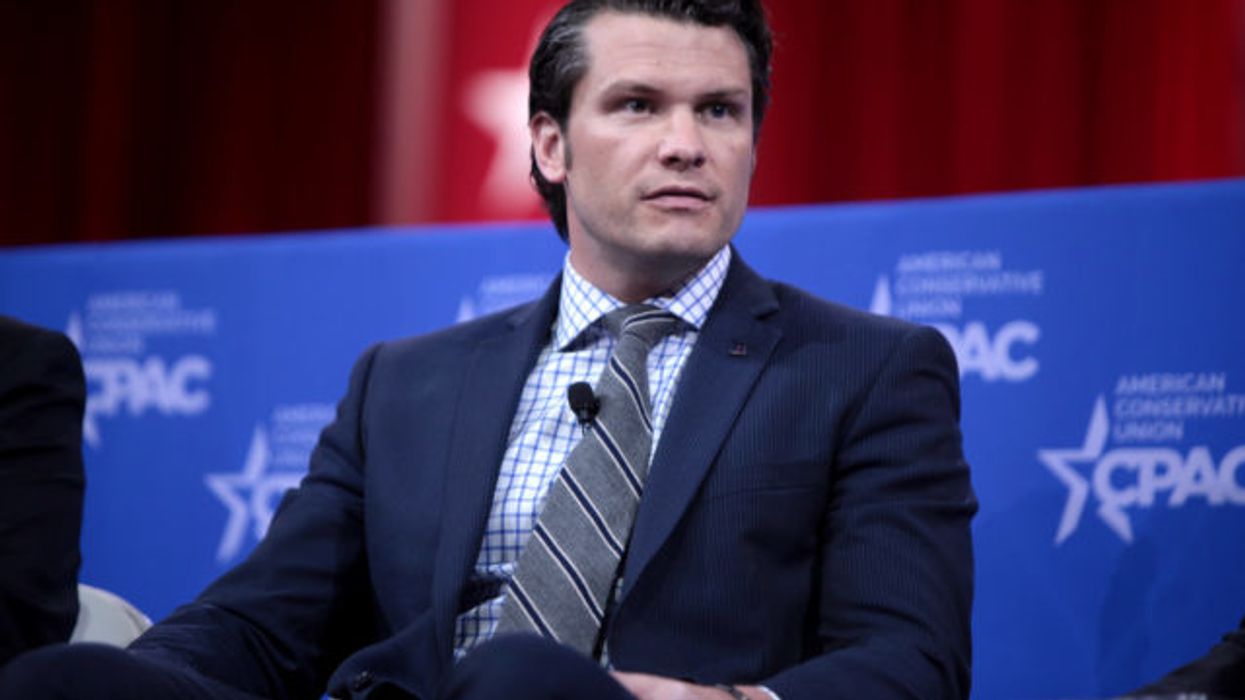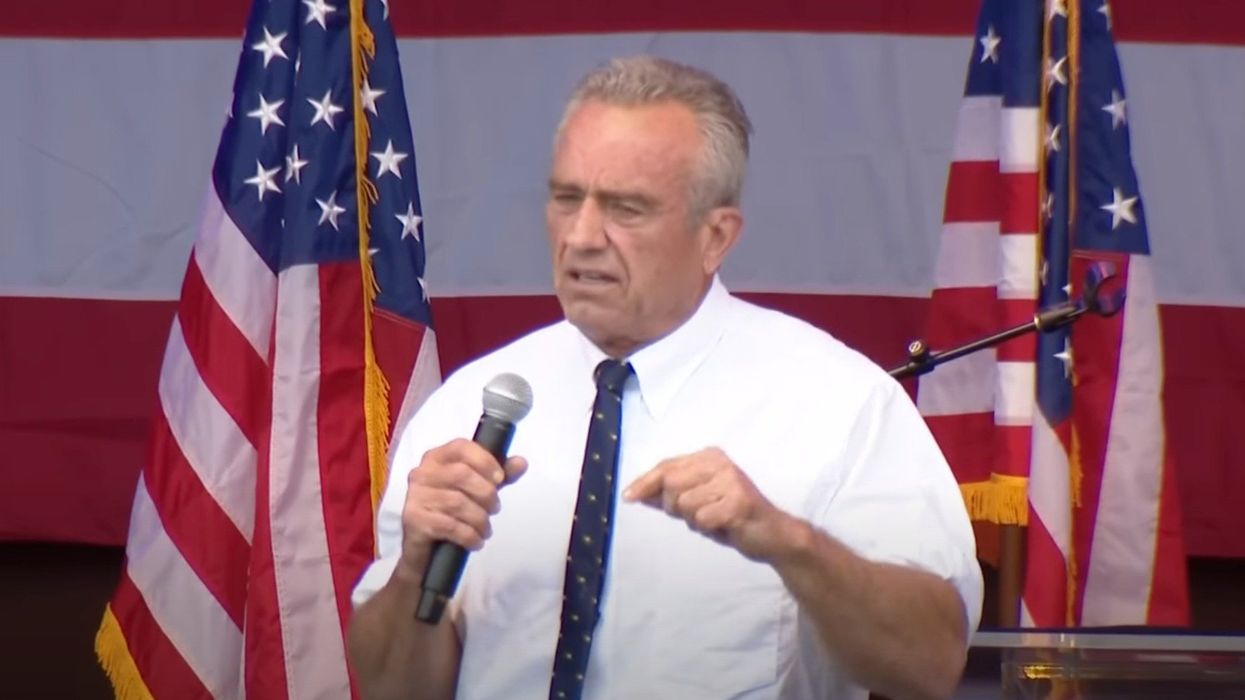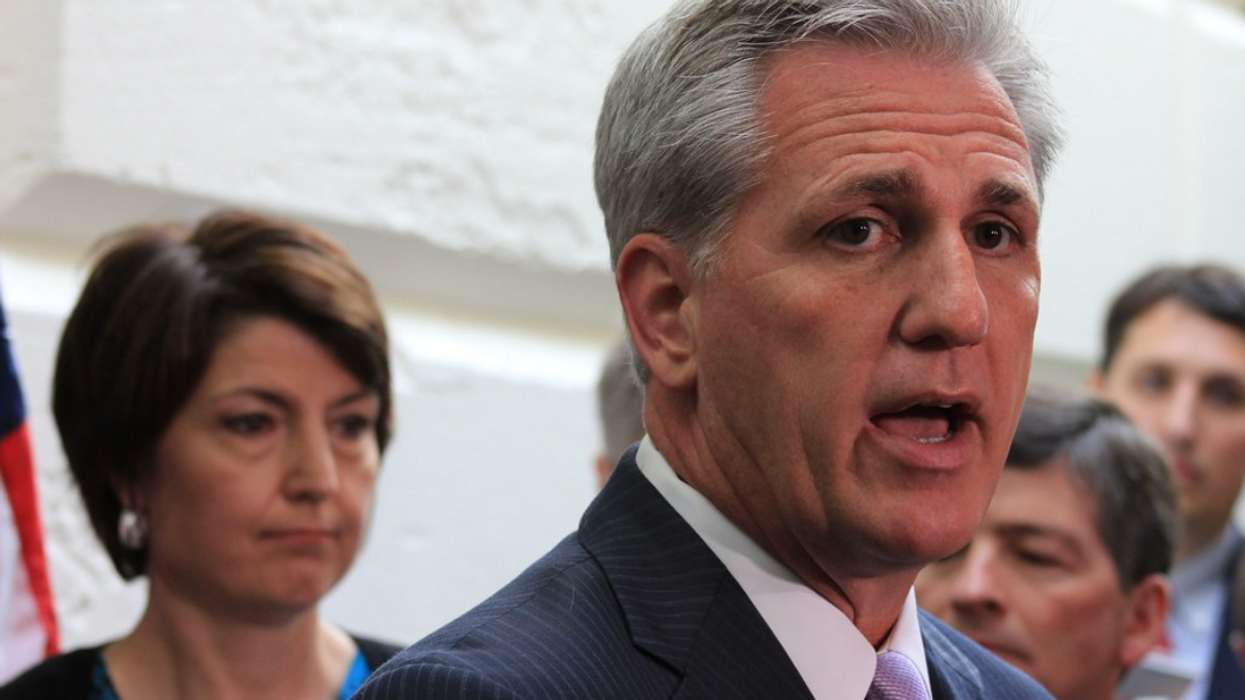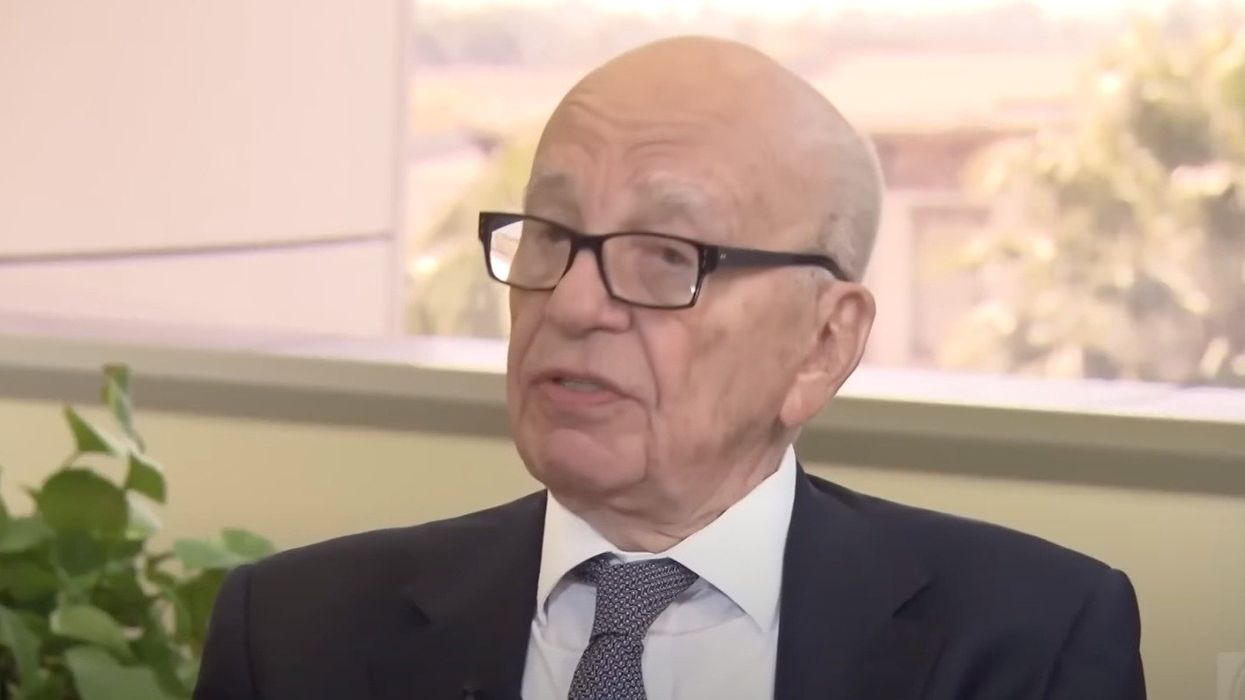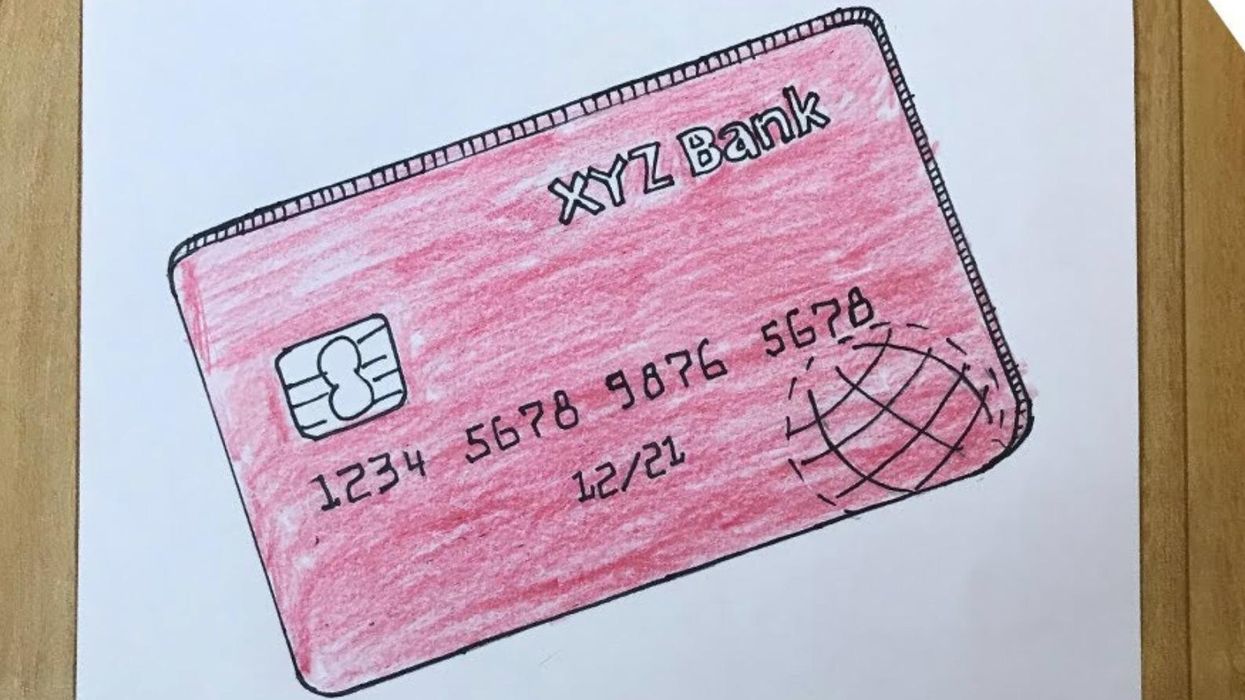Murdoch Newspapers Split With Fox News Over Trump's Lawless Chaos
In recent days, Fox News has vociferously defended President Donald Trump for deporting some 250 people to El Salvador and attacked the judge who tried to stop the flights. In contrast, the network's sister outlets The Wall Street Journal and New York Post have published strong editorials and op-eds supporting the role of the judiciary, arguing that Republicans and the Trump administration are employing a “terrible tactic” and entering into a “disreputable racket” by advocating for the judge’s impeachment.
After invoking the Alien Enemies Act of 1798 — which allows the government to deport people without the due process of immigration law and was previously used to intern Japanese Americans during World War II — to target the Venezuelan gang Tren de Aragua, the Trump administration deported some 250 alleged gang members to El Salvador. Many of the deported migrants reportedly had no criminal records in the U.S. After civil rights organizations filed a lawsuit, U.S. District Court Judge James Boasberg ordered that the deportations be halted and flights already in progress return to the U.S. The Trump administration nevertheless continued the flights in “possible defiance” of the judge’s order.
Since this legal skirmish, the Trump administration has escalated its rhetoric against the judiciary. Trump “border czar” Tom Homan told Fox News on March 17, “We’re not stopping. I don't care what the judges think. I don’t care what the left thinks. We’re coming.” Trump himself attacked Boasberg, calling for his impeachment on Truth Social.
Homan’s views appear to be normative at Fox, with network figures attacking Boasberg’s credibility and seemingly coalescing around the idea that he lacks the authority to issue such an order. On March 18, Fox News legal editor Kerri Urbahn said Boasberg “was not elected president of the United States and therefore does not have authority over matters pertaining to immigration, national security, and foreign policy.”
She continued, “You have judges who are unilaterally inserting themselves into the executive branch, interfering with the president and his team’s ability to carry out his agenda.” Fox host Jeanine Pirro called Boasberg “stupid” for thinking he can stop Trump’s deportation actions. Her co-host Dana Perino belittled the judge, saying Boasberg’s ruling is like “when a low-level security officer gets a whistle, and then they just want to blow it all the time, and they feel powerful with the whistle.”
One of Fox News’ prime-time hosts, Jesse Watters, seemed to suggest that Boasberg could have a “conflict of interest” in the case due to the political leanings of his family members.
Fox News also praised the Trump administration’s deal with El Salvador’s President Nayib Bukele to utilize a Salvadoran mega prison — which, according to human rights’ agencies, has been responsible for repeated human rights violations — to house the deported migrants. Fox News contributor Sara Carter, who visited the prison in 2024, called it “incredible” on Hannity and praised Bukele, saying he “was able to clean up his nation and remove these nefarious, horrible people off the streets that were holding his citizens prisoner.” She added, “The cooperation you’re seeing between President Bukele and President Trump is so significant. We cannot stop this problem in the Western Hemisphere without this type of cooperation.”
By contrast, Murdoch print outlets seem to be taking Trump’s attacks on the judges seriously.
While the Wall Street Journal expressed support for the deportations of alleged gang members, it noted in its March 17 editorial that it is “troubling to see U.S. officials appear to disdain the law in the name of upholding it.” The outlet took particular issue with the Trump administration’s “reliance” on Bukele, calling it “troubling” and noting: “Gang violence [in El Salvador] is down and he’s popular, but his methods border on the barbaric. The country was desperate, but Mr. Bukele has destroyed independent legal institutions rather than restore the rule of law.”
The New York Post published a similar opinion the next day, saying, “Playing footsie with judicial disobedience — and calling for retribution against judges whom the administration dislikes — is a terrible tactic.” The piece also noted, “It’s more important than ever for the judiciary to remain an independent force capable of standing in the breach.”
On March 18, as Trump and Republicans continued to escalate tensions with the judiciary, calling for Boasberg’s impeachment, Supreme Court Chief Justice John Roberts put out a rare statement rebuking such calls. Roberts wrote, “For more than two centuries, it has been established that impeachment is not an appropriate response to disagreement concerning a judicial decision.” Later that night, Trump doubled down on his attack and called Boasberg a “Radical Left Lunatic Judge [who] wants to assume the role of President.”
The next day, the Wall Street Journal published an editorial titled “Chief Justice Roberts Rejects GOP Calls to Impeach Judges” that called the impeachment of judges the Trump administration disagrees with a “disreputable racket.” The Journal’s editorial board wrote that such an action is “rare and is typically pursued only amid evidence of corruption,” and warned, “If impeachment is the remedy for every adverse judicial ruling, we wouldn’t have a judiciary left.”
Yet again, Fox News went to bat for the president. Pirro, a former judge herself, said it was “inappropriate” for Roberts to put out a statement, adding that he “should recognize that he is a very important player in all of this, and he shouldn't get involved in politics, and that is what he is doing. He is getting involved in politics. He is setting up a negative situation.”
The Five’s self-identified comedian co-host Greg Gutfeld took a more aggressive stance against Roberts, telling him to “shut the f up” because Trump is the “f-ing president of the United States who protects 300 million plus people. He is a leader who does not have the luxury of opening up his little books to read, oh, my God, maybe he didn't do it the right way.” Fox News host Mark Levin told Roberts to “grow a pair” and suggested Roberts was the aggressor: “This government exists for we the people. It doesn't exist for John Roberts, the judges, Congress, or anybody else.”
Reprinted with permission from Media Matters.




